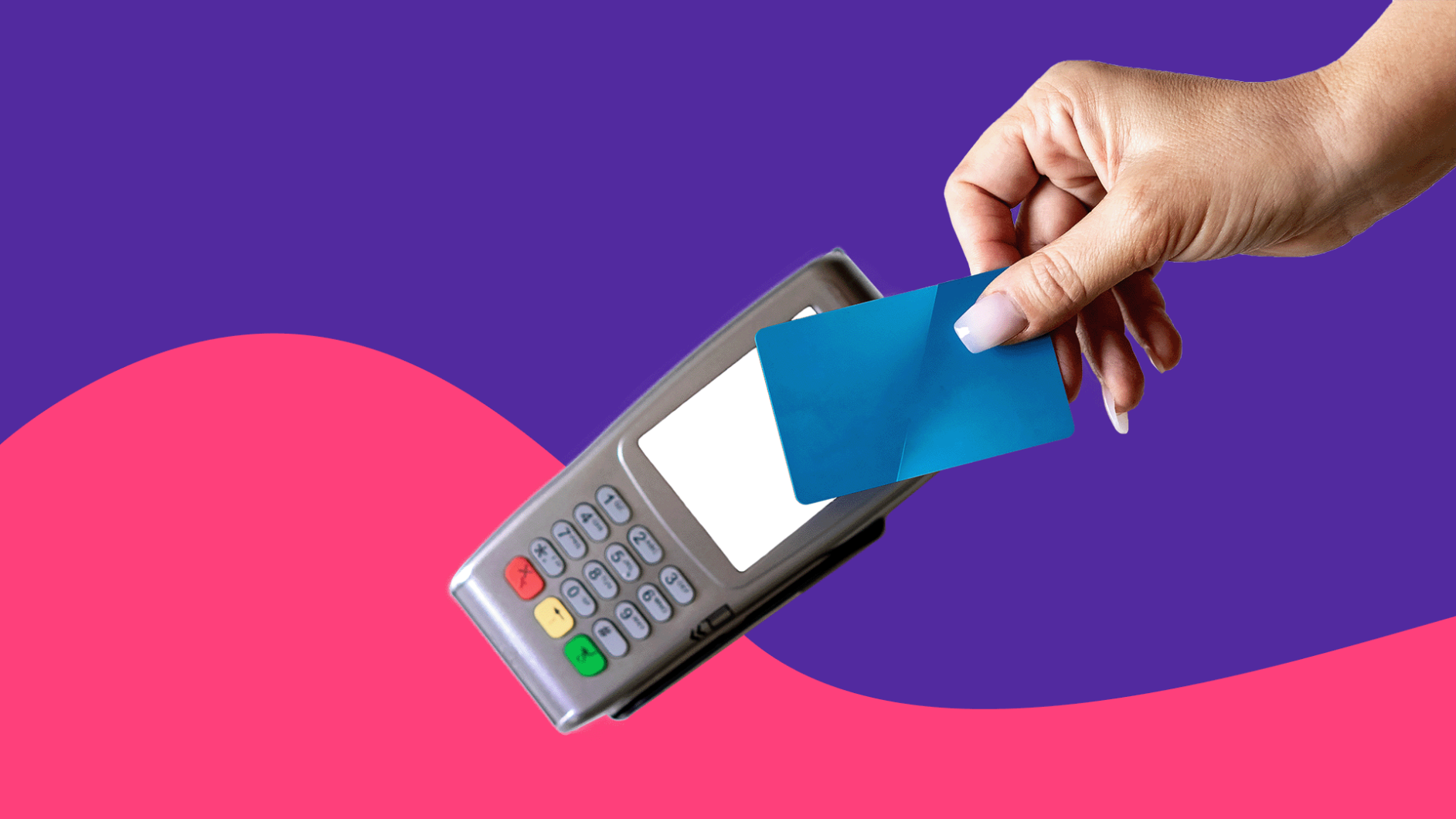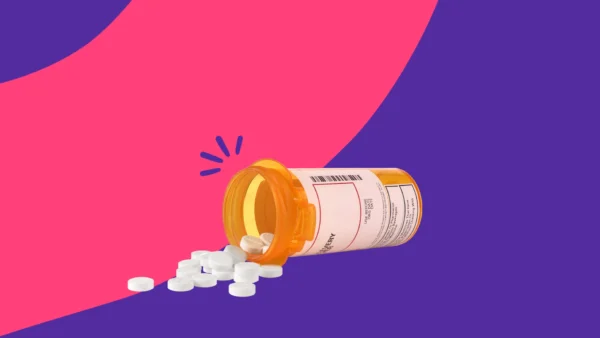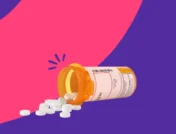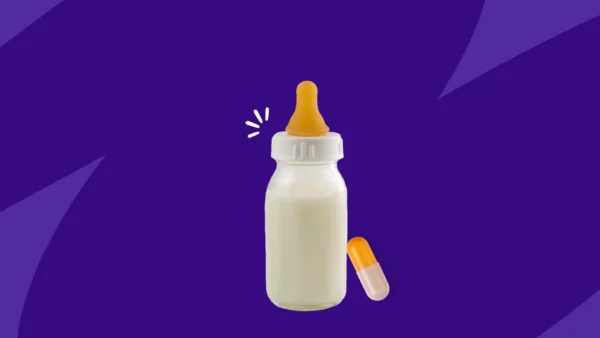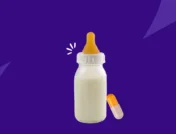Key takeaways
Enbrel is a brand-name drug used to treat various inflammatory autoimmune conditions, such as rheumatoid arthritis, juvenile idiopathic arthritis, and plaque psoriasis.
Enbrel can be expensive, but if you have commercial health insurance, you may be able to get it for free with the Enbrel copay card.
If you don’t have health insurance, you may be eligible for free Enbrel through the manufacturer’s patient assistance program.
Although there’s no generic version, there are a variety of less expensive alternatives to Enbrel. Your healthcare provider can work with you to find a more affordable solution.
Enbrel (etanercept) is an injectable prescription drug for people with rheumatoid arthritis and autoimmune diseases that include psoriatic arthritis, plaque psoriasis, and ankylosing spondylitis. It’s also approved by the Food and Drug Administration to treat juvenile idiopathic arthritis for patients ages 2 and older.
Enbrel is in a class of biologic drugs called tumor necrosis factor (TNF) inhibitors, which prevent the TNF protein in the body from causing inflammation. There’s no generic version of Enbrel, which retails at over $8,000 per month, depending on the dose prescribed. Although this may seem expensive, most patients don’t pay this price. The manufacturer’s copay card can even help eligible patients get the drug for free.
How much does Enbrel cost?
Without insurance, the average retail price of Enbrel is $8,430 for four 1 mL of 50 mg/mL syringes, but prices may vary depending on the pharmacy location and dosage. For people with insurance, copays vary by plan.
Do Medicare and Medicaid cover Enbrel?
According to Amgen Inc., 76% of Enbrel prescriptions for Medicare beneficiaries cost $50 or less per month, while the remaining 24% of prescriptions cost an average of $395 per month. But, because Medicare classifies Enbrel as a specialty drug, it’s not likely to be fully covered under some Medicare Part D plans. The good news is that Enbrel is among the 10 preliminary drugs chosen for Medicare price negotiation under a new prescription drug law that went into effect on Jan. 1, 2023. The negotiated prices will take effect on Jan. 1, 2026.
RELATED: Does Medicare cover Enbrel?
In 93% of cases, Medicaid beneficiaries pay $10 or less per month for Enbrel, while the remaining 7% pay $293 per month, according to Amgen, Inc. Contact your state Medicaid agency for details since each state has different preferred drug lists.
How to save with the Enbrel copay card
The Enbrel copay card is available through the drug’s manufacturer, Amgen Inc. Although the card provides significant cost savings, it is only available to those with commercial health insurance that covers Enbrel. With the Enbrel copay card, eligible patients can get Enbrel for as low as $0 per month, regardless of their financial need. However, patients who use federal or state healthcare programs, including Medicare and Medicaid, are ineligible for the Enbrel copay card.
To get the Enbrel copay card, you’ll need to enroll in Amgen SupportPlus—a personalized patient support program for patients who take Enbrel and other Amgen medications. The amount of your copay will be determined by the type of insurance coverage you have. An Amgen SupportPlus representative can help explain what to expect from the program. You can reach out by calling the Enbrel copay card phone number, 833-44AMGEN (833-442-6436).
Once approved, you’ll receive a digital version of the Enbrel copay card to show your pharmacy so you can pay the reduced price. You’ll need to present the card to the pharmacy each time you refill your prescription while enrolled in the copay program and will also need to re-enroll every 12 months. Other options may be available for those who are underinsured or uninsured.
Other ways to save money on Enbrel
- Free Enbrel coupons: SingleCare negotiates low prices with pharmacies to help people afford the medications they need. Although the average retail price of Enbrel is $8,430.54 for four 1mL syringes, a SingleCare Enbrel coupon can shave about $2,000 off the retail price, depending on the pharmacy.
- Enbrel patient assistance program: While the Enbrel copay card is available to patients with health insurance, the Enbrel patient assistance program is for those without health insurance or whose insurance doesn’t make Enbrel affordable. The program is offered by the Amgen Safety Net Foundation, which provides free Enbrel to eligible patients.
RELATED: Enbrel patient assistance program
Is there a cheaper alternative to Enbrel?
People with autoimmune diseases not only suffer the symptoms of their diagnosis but often require multiple trials of prescription drugs until they settle upon one (or a combination) that best fits their lifestyle and manages their symptoms. Enbrel is used after the failure or contraindication to first-line, conventional disease-modifying anti-rheumatic drugs and makes up 90% of patients’ first biologic treatment. But, if Enbrel does not work for you, less expensive Enbrel alternatives are available, including Otrexup (methotrexate) and Xeljanz (tofacitinib). Your healthcare provider can recommend an alternative that’s best for your individual needs and budget.
Bottom line
Enbrel (etanercept) is a brand-name prescription medication prescribed to treat plaque psoriasis, rheumatoid arthritis, juvenile idiopathic arthritis, and various other inflammatory autoimmune diseases. It is a TNF blocker injected under the skin of the thigh, abdomen, or outer upper arm. There is no generic version of Enbrel, but there are ways to reduce the cost of the brand-name drug. Eligible patients can use the Enbrel copay card to get the drug for as little as $0 per month.
Sources
- Tumor necrosis factor (TNF) inhibitors, The American College of Rheumatology (2024)
- Paying for Enbrel (etanercept), Amgen Inc.
- Saving money with the prescription drug law, Medicare.gov
- State overviews, Medicaid.gov
- Looking for support? You’ve come to the right place, Amgen Inc.
- Amgen Safety Net Foundation, Amgen Inc.



